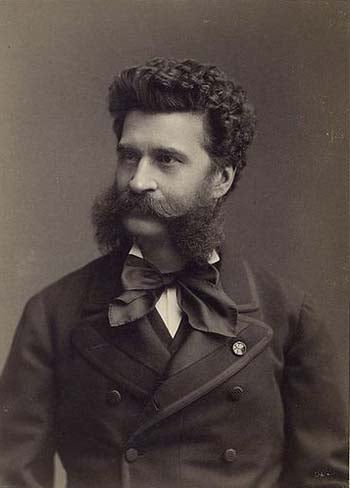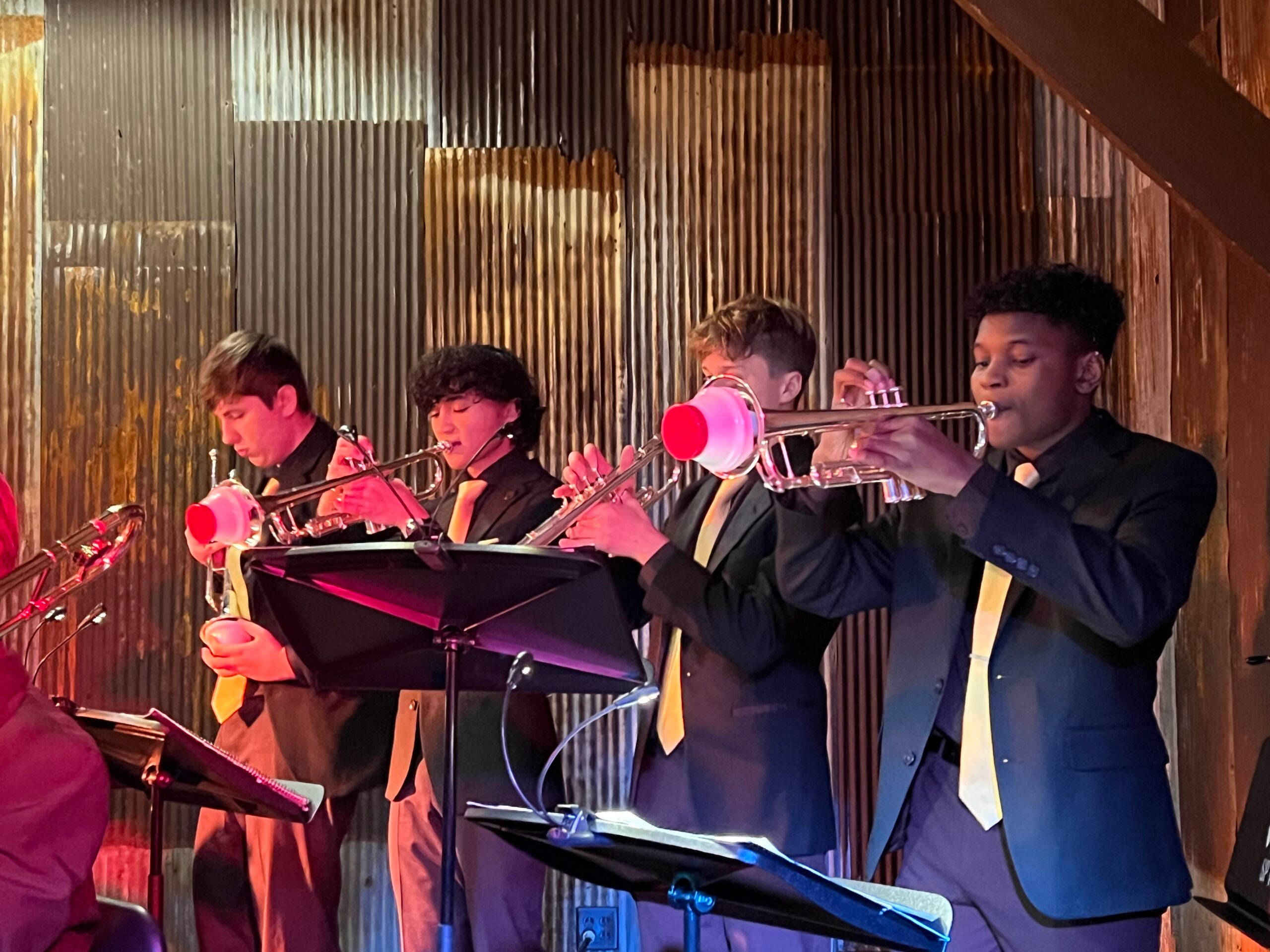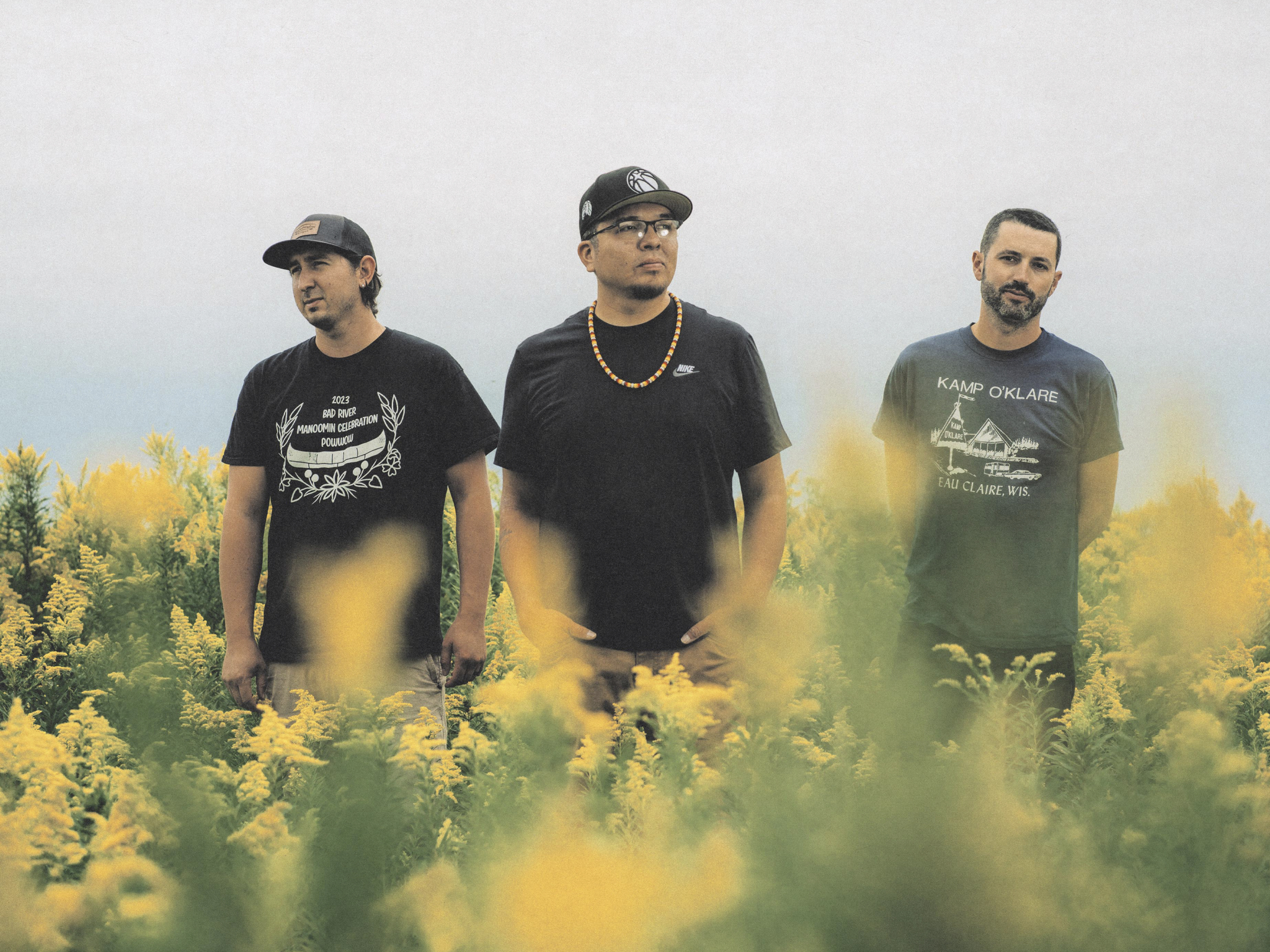At the sight of the grim-looking procession peasants ran for their lives. In that part of Romania and Hungary robbers were everywhere and these appeared to be some of the worst.
They were actually a band 0f 34 young musicians who had fallen on hard times, had nearly had their instruments confiscated in the middle of a performance because of unpaid debts, and had sold a couple of violins to buy a few rusty pistols, though ammunition had been beyond their means.
They had come east from Vienna full of high hopes that fell quickly in empty concert halls that led to empty pockets and empty stomachs. Now they were broke and so ratty-looking that no innkeeper would give them a place to perform, suspecting them to be robbers disguised as wandering musicians.
Stay informed on the latest news
Sign up for WPR’s email newsletter.
Winter had set in and the band’s instruments rode in an open hay wagon across the Carpathian Mountains as a troop of soldiers escorted the group to the Wallachian frontier. The musicians had had enough. They mutinied against their 19-year-old leader and vowed not to take another step. He did his best to rally them, inspired perhaps by the spirit of the Three Musketeers. “We must see this thing through together,” he declared. “One for all and all for one! We’ll give a farewell concert at the nearest town, divide the profits and get back to Vienna however we can.”
Eventually they straggled into Bucharest, where they managed to draw an audience, in fact, made quite a bit of money in a series of performances. Success was cut short though when the young bandleader proved irresistible to a local lady of distinction. She had a rendezvous with him at the house of her washerwoman. Unfortunately, her husband also showed up with six of his man servants, who beat up the charming bandleader.
Did the hotheaded husband know the name of the young man he had run out of town? Perhaps not, but it’s likely he later heard it many times because within a few years, much of Europe would fall under the bandleader’s charm, while dancing to his waltzes–the waltzes of Johann Strauss.
Wisconsin Public Radio, © Copyright 2025, Board of Regents of the University of Wisconsin System and Wisconsin Educational Communications Board.





